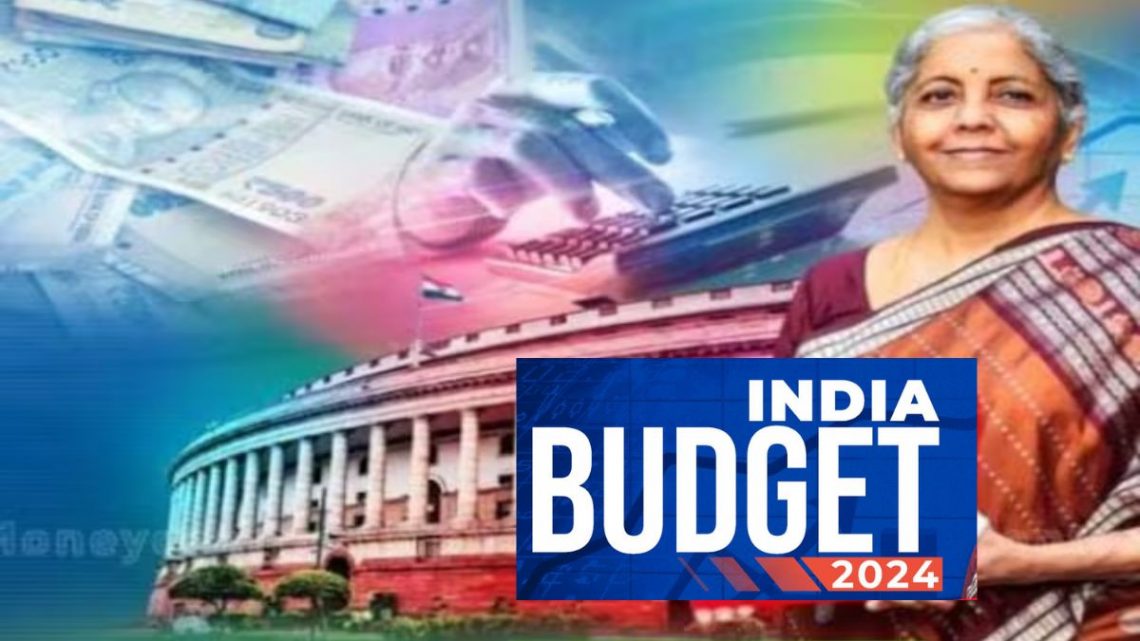As the Union Budget 2025 approaches, the aspirations of 1.4 billion Indians converge towards a transformative vision of a “Swarnim Bharat” (Golden India), “Shaktishali Bharat” (Powerful India) and “Sthir evam Sashakt Bharat” (Stable and Empowered India). This vision calls for a budget that addresses pressing economic concerns while laying a strong foundation for sustainable growth, inclusivity and resilience. With expectations running high, several pivotal reforms and initiatives across sectors are anticipated to shape the nation’s trajectory.
Advocacy for abolition of STT
The financial markets, being the lifeblood of the economy, are advocating for the abolition of Securities Transaction Tax (STT). Introduced as a revenue-generation mechanism, STT has been viewed as a burden on market participants, especially retail investors. Eliminating this tax will significantly reduce transaction costs, encouraging broader market participation and enhancing liquidity.
Expanding income tax exemption slab
A major expectation from the Union Budget 2025 is the revision of the income tax exemption slab to Rs25 lakh. This bold move will have far-reaching implications. By providing tax relief to a broader segment of the middle and upper-middle class, the government will directly boost disposable incomes, catalysing consumer spending and economic activity.
This measure, while ambitious, aligns with the evolving aspirations of a growing middle class that shoulders a significant part of the tax burden. Balancing fiscal prudence with such bold initiatives will demonstrate the government’s commitment to its citizens’ welfare without compromising macroeconomic stability.
Tackling cybercrime
The budgetary allocations should allocate sufficient funds to tackle cases of cyber frauds and cyberbullying. These issues have increased manifold across the country in recent years. Fraudsters are targeting people of all ages with a significant number of victims being senior citizens. The government must not turn a blind eye to this growing menace.
Dedicated funds can help establish specialised cybercrime units with trained personnel. Investment in advanced technology can aid in detecting and preventing cyber threats. Stronger cybersecurity measures are crucial to protect sensitive government and private data from hacking. Addressing cybercrime effectively will safeguard individuals and also strengthen the country’s digital infrastructure and trust in technology.
Empowering women and youth
The empowerment of women and youth remain integral to the narrative of India’s progress. For women, the budget must prioritise access to entrepreneurial funding, dedicated social security measures and skill development initiatives. Programmes encouraging women’s participation in high-growth sectors such as technology, finance and healthcare will not only promote gender parity but also significantly enhance India’s GDP. For the youth, the government is expected to allocate resources towards skill enhancement, particularly in emerging fields like artificial intelligence, renewable energy and robotics. Incentivising internships and apprenticeships through tax subsidies for companies could bridge the gap between education and employment, thereby tackling the pressing issue of youth unemployment.
Backbone of industrial progress
Infrastructure, being the backbone of industrial progress, is expected to receive significant attention. Investments in roadways, railways, airports, waterways and renewable energy infrastructure will create a multiplier effect on employment, logistics efficiency and GDP growth. Special focus on Gram cities, urban transport systems and water conservation projects will ensure sustainable and inclusivedevelopment as well as a strong industrial base coupled with world-class infrastructure is the cornerstone of a self-reliant India.
Strengthening India’s security
Given the evolving geopolitical landscape, a robust defence budget is critical. The allocation is expected to support the modernization of armed forces, indigenous production of advanced weaponry and the development of cutting-edge technologies like drones, cyber defence systems and artificial intelligence.
Judicial reforms
The Union Budget needs to address the pressing needs of India’s judiciary by allocating a robust budget for infrastructure development in courts. Despite being the backbone of the justice delivery system, many courts across the country struggle with inadequate infrastructure, including insufficient courtroom space, lack of technology integration and poor facilities for litigants and staff. The government must prioritise the allocation of funds towards modernising courtrooms, building new judicial complexes and digitising records to improve efficiency and accessibility.
A specific focus should be on enhancing e-courts initiatives, which have gained traction in recent years. Allocating resources for video conferencing facilities, AI-driven case management systems and virtual courtrooms will not only expedite case disposal but also ensure access to justice for those in remote areas. Furthermore, adequate provisions should be made for setting up alternative dispute resolution (ADR) centres within court complexes to reduce the burden on traditional courts.
A budget for Bharat’s aspirations
The Union Budget 2025 should balance the twin goals of short-term economic recovery and long-term structural reforms. From empowering individuals with tax reforms to bolstering industries with supportive policies, every measure must resonate with the overarching vision of a “Swarnim Bharat” that is not just economically powerful but also socially inclusive.
By addressing the aspirations of women, youth, industries and rural communities while investing in defence, innovation and infrastructure, the budget has the potential to redefine India’s growth story for decades to come. As the Finance Minister prepares to unveil the budget, all eyes are on how it will translate the dreams of a billion into actionable realities.
A budget is not just a financial statement. It is a declaration of intent, a roadmap to a nation’s destiny.
The author is a corporate and legal advisor and Founder of AU Corporate Advisory and Legal Services (AUCL). He tweets @akshat_khetan. Views expressed in the above piece are personal and solely those of the author. They do not necessarily reflect Firstpost’s views.
Link to article –
From tax reforms to cybersecurity: What Union Budget 2025 should deliver
